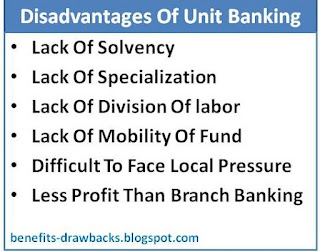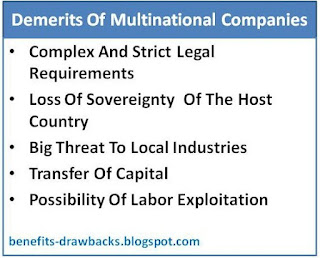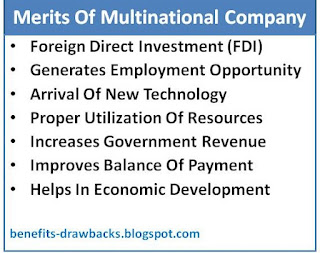Major disadvantages or drawbacks of unit banking system can be highlighted as follows:
1. Lack Of Solvency
Due to small scale operation, it has less capital than branch bank. So, there is a lack of solvency in unit banking.
2. Lack Of Specialization
Unit bank cannot hire skilled, qualified and specialized employee because of limited capital. So, it lacks specialization.
Unit bank cannot practice division of labor in the workplace because of small size and limited capital.
Also Read:
Also Read:
4. Lack Of Fund Mobility
Unit banking lacks mobility of fund because of limited area and localized operation.
5. Local Pressure
Unit banks have to face local pressure and disturbance. So, it is very difficult of offer banking service in certain locality only.
6. Less Profit
Unit banks have less profit because of the lack of branch, limited area of operation, less deposit and less investment opportunities.
















